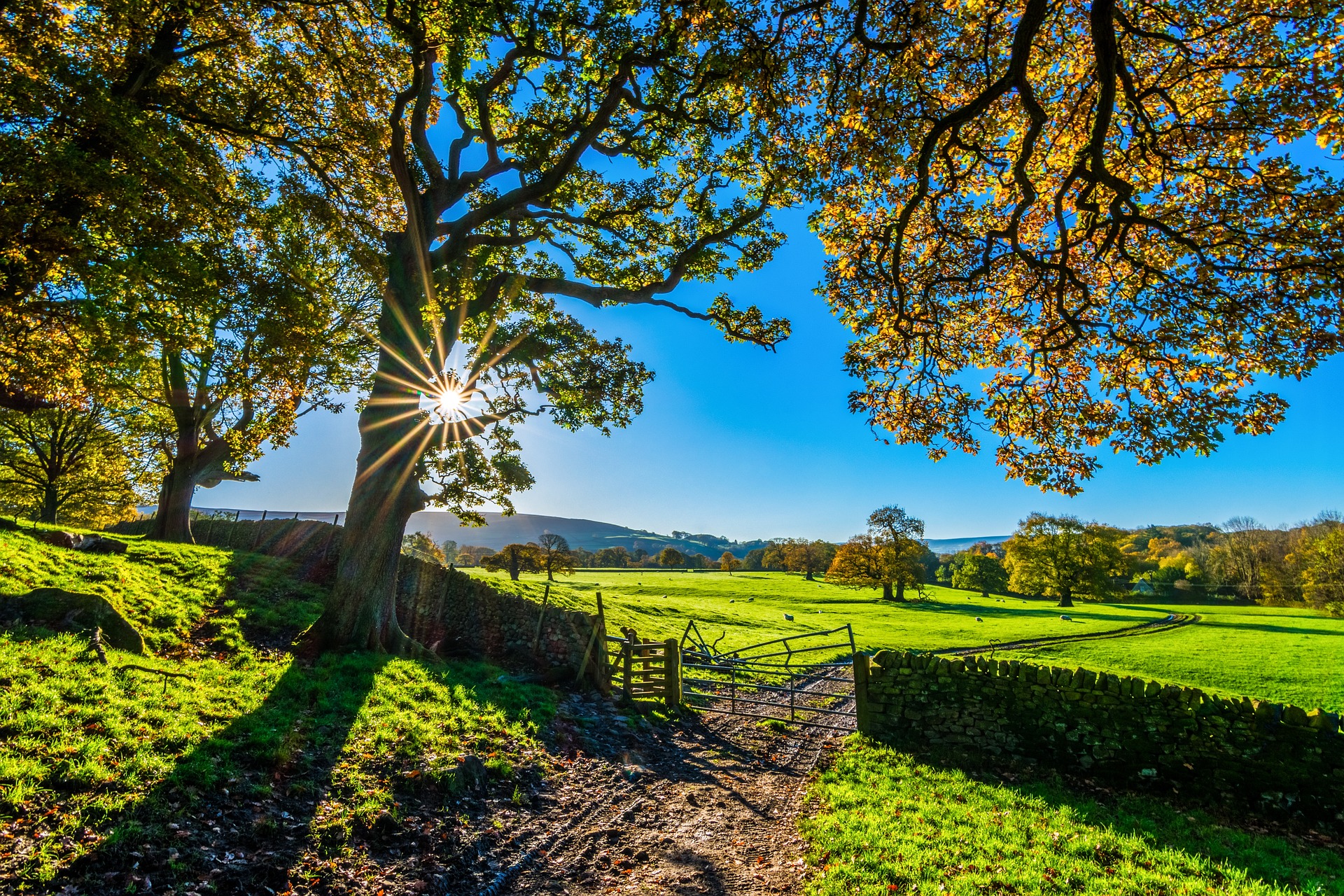Can a modern farm be autonomous? For this conference paper, Marion Lebrun, Martin Quantin and Cyrille Rigolot looked at different biodynamic farm systems. They want to analyse how the concept of the ‘farm organism’ is implemented in practice and what conclusions can be drawn from this.
The autonomy of the biodynamic farm organism
Biodynamic agriculture promotes the integration of crop cultivation and animal husbandry on one farm. Among other things, this combined approach allows nutrient cycles to be closed and imports to be reduced, which overall contributes to sustainable agriculture. For this study, 23 interviews were conducted with biodynamic farmers from France who practised either (1) arable farming and animal husbandry, (2) viticulture and animal husbandry or (3) specialised viticulture with no additional animal husbandry.
The evaluation of the interviews shows that the integration of animals into crop cultivation not only brings economic advantages such as cost reduction and increased farm autonomy but also an increase in the quality of life through a special relationship with the ‘farm organism’. In this context, the farm is seen as a living organism, a closed cycle in which plants, animals and people interact harmoniously and support each other. The farm organism combines ecological, economic and social dimensions.
The integration of animals into crop cultivation also leads to challenges, such as increased workload and the difficulty of finding or training suitable skilled labour. However, animals create a special atmosphere and can contribute to an increased sense of well-being for farmers. They form an important part of the circular economy and thus contribute to increased resilience of the entire system. The biodynamic farm organism is suitable for promoting the transformation of agricultural systems towards sustainability, autonomy and resource optimisation.
Commentary
A biodynamic farm that combines crop cultivation and animal husbandry is ecologically sound and sustainable. Transport routes and purchases of fertiliser, feed and pesticides are minimised. However, this system also requires a lot of labour. In addition, certain practices such as the use of biodynamic preparations and the orientation to the lunar calendar meet with incomprehension among some people. The desire for on-farm slaughter even raises legal questions, depending on the initial situation. On the other hand, animals that are part of a farm organism are often held in high esteem, as they are seen as an indispensable part of the whole.
Sources and further links to this article
- Original conference paper:
Lebrun, M., Quantin, M., Rigolot, C. Toward autonomous integrated crop-livestock systems: What can we learn from biodynamic farming? Conference: Systemic Change for Sustainable Futures. Theme 1. Transition Pathways: Changing Systems of Farming, Support and Governance Systemic Change for Sustainable Futures. June 2024, p. 83-90. https://www.researchgate.net/publication/385000852_THEME_1_TRANSITION_PATHWAYS_CHANGING_SYSTEMS_OF_FARMING_SUPPORT_AND_GOVERNANCE_SYSTEMIC_CHANGE_FOR_SUSTAINABLE_FUTURES
